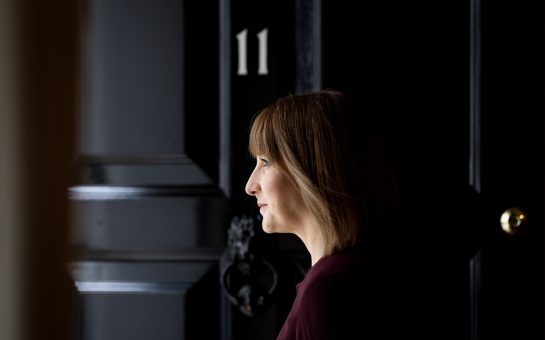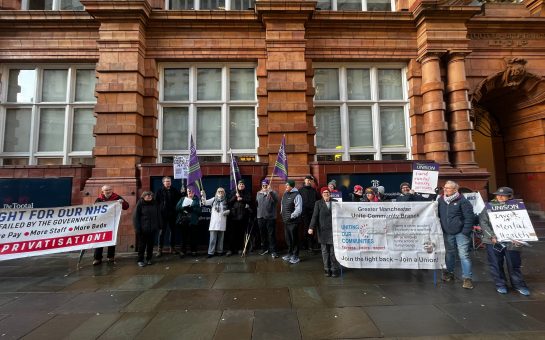Melancholy is set to grip the city of Manchester tomorrow with the most depressing day of the year, dubbed ‘Blue Monday’, due to fall on January 20.
Dr Cliff Arnall devised a formula back in 2005 claiming that a mixture of bad weather, Christmas debt and failed New Year’s resolutions aroused national feelings of depression and anxiety.
But a study by plant-based food and drink Alpro has revealed that it’s women who feel the effects more keenly than their male counterparts.
The survey revealed that half of the women surveyed said they were left depressed by ‘no end in sight to the cold, dark nights’ compared with just one in three men.
One in 10 said they ‘hated’ being back in the workplace while one in seven saying they enjoyed the festive period so much they ‘couldn’t bear’ returning to normal life.
The ‘Blue Monday’ theory has its fair share of critics with medical experts across the country arguing that Dr Arnall’s hypothesis is debatable.
Dr Steve Eccles, psychologist at Manchester Mental Health and Social Care Trust said: “There isn’t really any scientific basis to the formula, it is just a combination of various factors believed to contribute to people feeling low.
“It needs to be pointed out that it is not scientific and that we should not be confusing people feeling fed up or low, which passes after a short period, with people who experience mood disorders which can be very distressing, last for lengthy periods of time and can in some cases lead to suicidal ideation or actions.”
Many believe that as the research was originally paid for by Sky Travel it was devised as a ruse to encourage more people to book a January getaway to cheer themselves up.
After five years of strong criticism from the public, Dr Arnall himself announced that Britons should refute the whole idea of ‘Blue Monday’ and be happy instead.
Yet Canterbury College have, in the wake of this phenomenon, formed an organisation to help those who believe they might be suffering with the symptoms.
They concluded that one of the most effective ways to beat the Monday blues is to simply be nice to other people, and a range of activities are held every for people to do just that.
Tony Payne who has worked for the organisation for four years said that even though there is no science to Blue Monday it’s a good excuse to get people doing something positive.
He said: “It’s something that I am really keen to promote as it’s a chance to get people thinking about the power of kindness and goodwill at a time when people seem to be very focused on themselves.”
Although Mr Payne feels it’s more important to focus on the positives of the ‘Blue Monday’ event, he suggests that the negativity towards it is reasonable.
He said: “It’s totally understandable – the idea was dreamt up to sell holidays.
“But it’s now something that comes up every year, even more so thanks to social media.
“People talking about how silly it is helps the publicity even more.”
Dr Eccles conceded that the day can be used to increase awareness of the symptoms of depression.
He said: “The best thing to do is to make small changes to your routine which increases the amount of exercise you do.”
Picture courtesy of Kristina Alexanderson via Flickr, with thanks
For more on this story and many others, follow Mancunian Matters on Twitter and Facebook.



